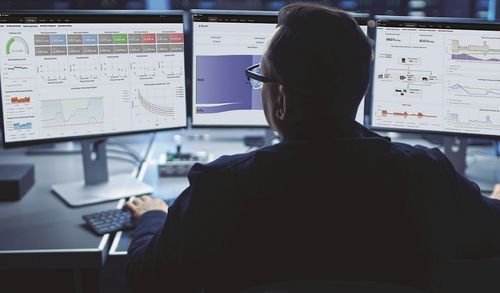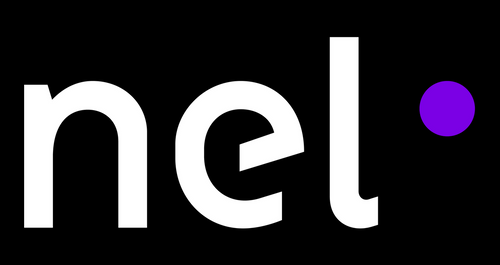Norway-based Nel is speeding its efforts to find a US location in order to capitalize on what it expects will be a booming electrolyzer market following the passage of the Inflation Reduction Act.
Nel, the largest maker of electrolyzers in the world, with over 3,500 units installed globally, is aiming to expand in the US with the goal of supplying large-scale hydrogen projects as the company seeks to overcome a negative earnings trend, CEO Håkon Volldal said on Nel’s 3Q22 earnings call on 20 October.
Volldal expects large orders for electrolyzers to fuel profitability in the coming years, with the US now leading the push for scale in the hydrogen industry. The company is aiming to close its US site-selection process in 1H23.
This month, Nel received a nearly $60m purchase order from Australian company Woodside Energy for alkaline electrolyzer equipment that will be used at a project in Oklahoma. The company will also supply 200 MW of alkaline electrode stacks to an undisclosed buyer in the US amounting to EUR 45m of value.
“We’re moving from 10, 20 megawatt projects to 150, 200, 250 megawatt projects, and over time even bigger projects,” Volldal said. “So it’s a nice learning curve, and it fits into our strategy of selecting high-quality customers that have a high potential of reaching FID and that are willing to commit to placing orders early on.”
‘Pedal to the metal’
While the European Union has emphasized its desire to provide policy support for the hydrogen industry, the Inflation Reduction Act and its $3 / kg incentive for green hydrogen has created an advantage for US-based projects, Volldal said.
“The US has taken the lead,” he said, noting that, for Nel, the direct implications of the IRA are that it will help its customers improve business cases for building hydrogen facilities.
Additionally, US projects have surpassed European projects in scale, in part due to policy support.
“Europeans take it step by step. They do a small demo plant and then they might consider a phase 1 investment into a larger facility,” Volldal said, “whereas in the US, it’s pedal to the metal. They go large immediately, especially now with the funding.”
As a result of the increasing number of expected high-quality projects in the US, Nel is accelerating its process to select a site for a new US-based plant with 4 GW of capacity. “We expect the US to be a key market for Nel going forward, and it could be a global hydrogen hub and also Nel’s second home,” Volldal added.
Nel is looking for a site where it can build both PEM and alkaline electrolyzers, with the exact location depending on the availability of qualified labor, cooperation with universities, favorable logistics, and additional policy support.
“There’s a lot of changes happening on the support side in terms of available schemes and grants,” Volldal said. “So it might be that it’s wise to call options on a few different sites and then make the absolute final decision when there’s more clarity on how much money you can get in support.”
Negative EBITDA
Nel reported EBITDA of negative USD 21m in the third quarter period ending September 30, worse than the negative USD 11m of EBITDA it reported in the same period last year, according to an earnings release.
For the nine months ending September 30, Nel’s EBITDA was negative USD 54.5m.

The company is growing its order intake and backlog, including a record 3Q22 for order intake. The October order from Woodside will also propel a strong 4Q22 for backlog growth, Volldal said, with the orders reflected in Nel’s profitability starting in 2023 and 2024.
The outlook for Nel is “extremely positive,” Volldal said, as evinced by its growing pipeline and concern among customers about tightness in the near-term supply of electrolyzers.
“This is why we are investing – this is why we are running with negative EBITDA,” Volldal said. “Because we need to see order intake and backlog growth.”







